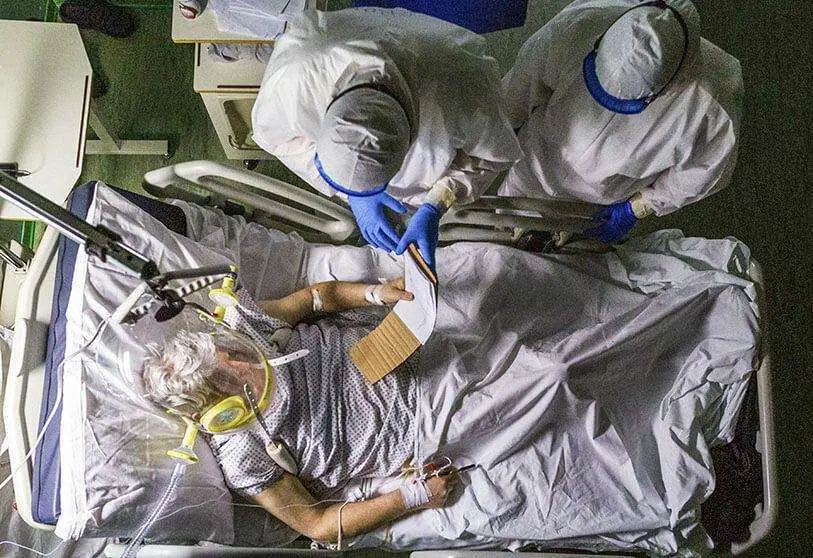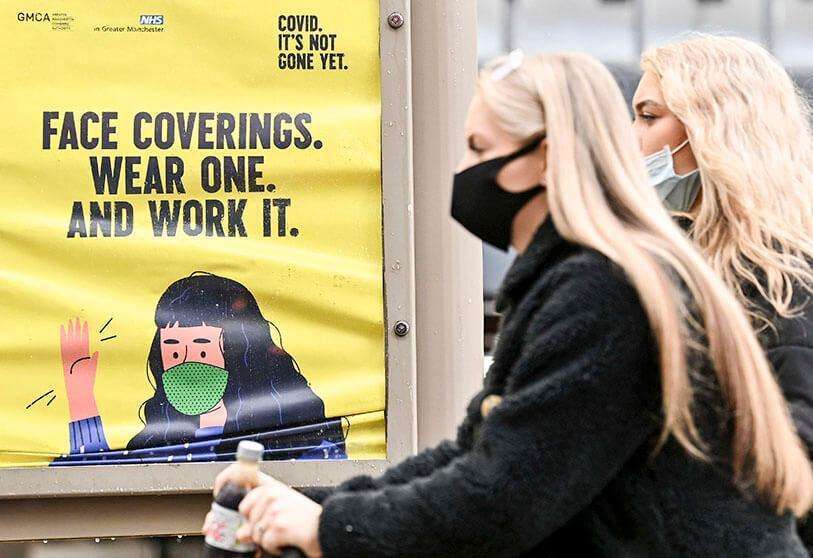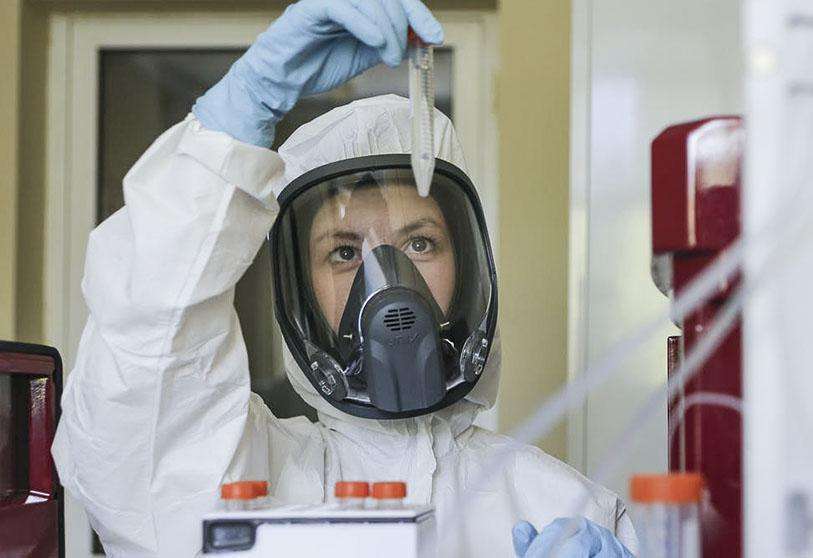Delta variant expands as governments ease restrictions

Although many countries have begun to relax measures and restrictions against the COVID-19 pandemic, the Indian variant of the virus poses a threat to this "new normal". The so-called "Delta" variant was first reported in India in October 2020, but is already beginning to spread elsewhere.
On 11 May, the World Health Organisation classified this strain as a "variant of concern", detected in more than 80 countries. This variant also has different symptoms to those already known about the virus. For example, it may be associated with hearing loss, loss of appetite and some intestinal problems. Lack of smell, a common symptom of coronavirus, is not associated with this strain.
Public Health England (PHE) has warned that the Delta variant is 64% more transmissible than the Alpha variant, the one detected in the UK. In view of this situation, the British government expects a peak in infections in winter and is considering new vaccination programmes. The Lancet has also pointed out that the possibility of hospitalisation is twice as high in people infected with Delta as with Alpha. A recent PHE study claims that the Pfizer vaccine is 96% effective against the Delta strain, while the AstraZeneca dose is 92%.

These names are due to the WHO's decision to name the strains with Greek letters in order to avoid using the name of the countries where they first appeared and thus avoid stigmatising them. For this reason, the Indian variant is called "delta", the British "alpha", the South African "beta" and the Brazilian "gamma".
Within Europe, Berlin is also concerned about the spread of Delta, recommending not to travel to areas "where this variant dominates". In Germany, the number of cases of this strain has risen from 3.2% to 6.2% in one week. "It is not a question of whether Delta will become the dominant variant, the question is when," said Lothar Wieler, director of the Robert Koch Institute.
Another country of major concern is Russia. Moscow Mayor Sergei Sobyanin said that about 90% of new infections in the capital are of the Delta variant, which he considers "more aggressive" and easier to spread. Sobyanin also reported on the worrying situation in Moscow hospitals. 13,000 beds were filled in just five days, and he said there would be an increase in available beds to 24,000 over the next two weeks. Fearing a possible health care collapse, bars and restaurants have been closed at night and those located in shopping centres.

St Petersburg, the country's most affected city after Moscow, is bracing itself for the arrival of European fans as it hosts three European Championship matches. The Baltic city has announced new restrictions, including a ban on the sale of food and drink in areas where fans gather. Alexander Guintsburg, director of the National Research Centre for Epidemiology and Microbiology in Moscow, said Russia's Sputnik V vaccine "is effective against the variant". However, of Russia's 146 million people, only 19.5 million have been vaccinated, reports Asharq Al-Awsat. Also, according to a France Press survey, 60% of Russians do not intend to receive the vaccine.
Next Saturday, face masks will no longer be compulsory outdoors in Spain. The Spanish government's decision follows in the footsteps of other European countries such as Germany and France. However, even if the restrictions against the coronavirus are relaxed, experts continue to call for caution. They also warn of the danger, which still exists, of becoming infected despite the recent acceleration in the vaccination process. "Vaccines are not infallible," says Margarita del Val, a virologist at the Spanish National Research Council (CSIC). Del Val points out that, although the most vulnerable groups are inoculated, the risk for the unvaccinated is "exactly the same as before".








